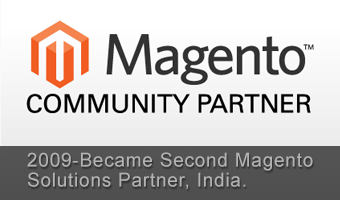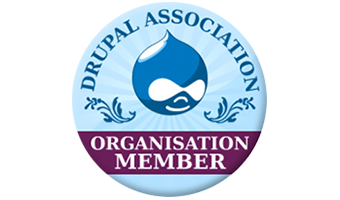Several issues with respect to software services outsourcing are discussed below.
1. Starting the contract
While considering the umpteen number of problems that one may come across (when) while an IT service provision is handed over from a purchaser to the outsourcer, it will be wise to contain a well defined transition period in terms of the contract. It is equally relevant to decide the commencement date as early as possible. A minimum period should be initially fixed. Otherwise, it can be fixed according to the perspective of the outsourcer, like the price of services, nature of services, business requirements of the purchaser, capital cost involved etc.
2. Ownership
Another significant matter about software services outsourcing is the ownership. Issues like the ownership of information and data should be made clear, in order to avoid disputes.
In cases where the outsourcer takes the services with the help of the purchasers equipment; agreements concerning purchase and returning of these inventories during the contract termination must be fixed. Along with this, if service is hired from an external provider; the provider, outsourcer and the purchaser should agree on it.
3. Licensing and third party suppliers
While a 3rd party software supplier is involved, care must be taken to get appropriate license. Licenses currently held by the purchaser must be extended to include the activities of the outsourcer.
It must be agreed upon as to which party will administer the terms of any agreement going on between the purchaser and 3rd party supplier. Maintenance contracts also must be transferred to the outsourcer.
4. SLA and Management
SLA's (service level agreements), the minimum level of service that must be provided; is the basis to measure the outsourcer's performance. It should contain areas of services like system availability, response time and quality standards which is then measured and monitored by satisfaction surveys, analysis of performance data, like system response and job turn around times.
It may also be noted that both the parties must be aware about the flexibility of SLA's and review period in the SLA to cover changing purchaser requirements and new technology.
Effective management includes reporting and review of the performance of the outsourcer, through consultation between both the outsourcer and the purchaser. This is usually fixed through regular meetings between the nominated representatives from both sides, and will focus mainly on developments and forward planning.
5. System requirement specification
The defining of the system as well as service specifications must be done well when it comes to software services outsourcing.
6. Insurance
The outsourcer should have public liability insurance, in case of loss or liability through injury or damage.
7. Warranties
The warranty must contain service quality and compliance with specification.
Those seeking opportunities offshore ought to the aware of the many aspects of software services outsourcing.



